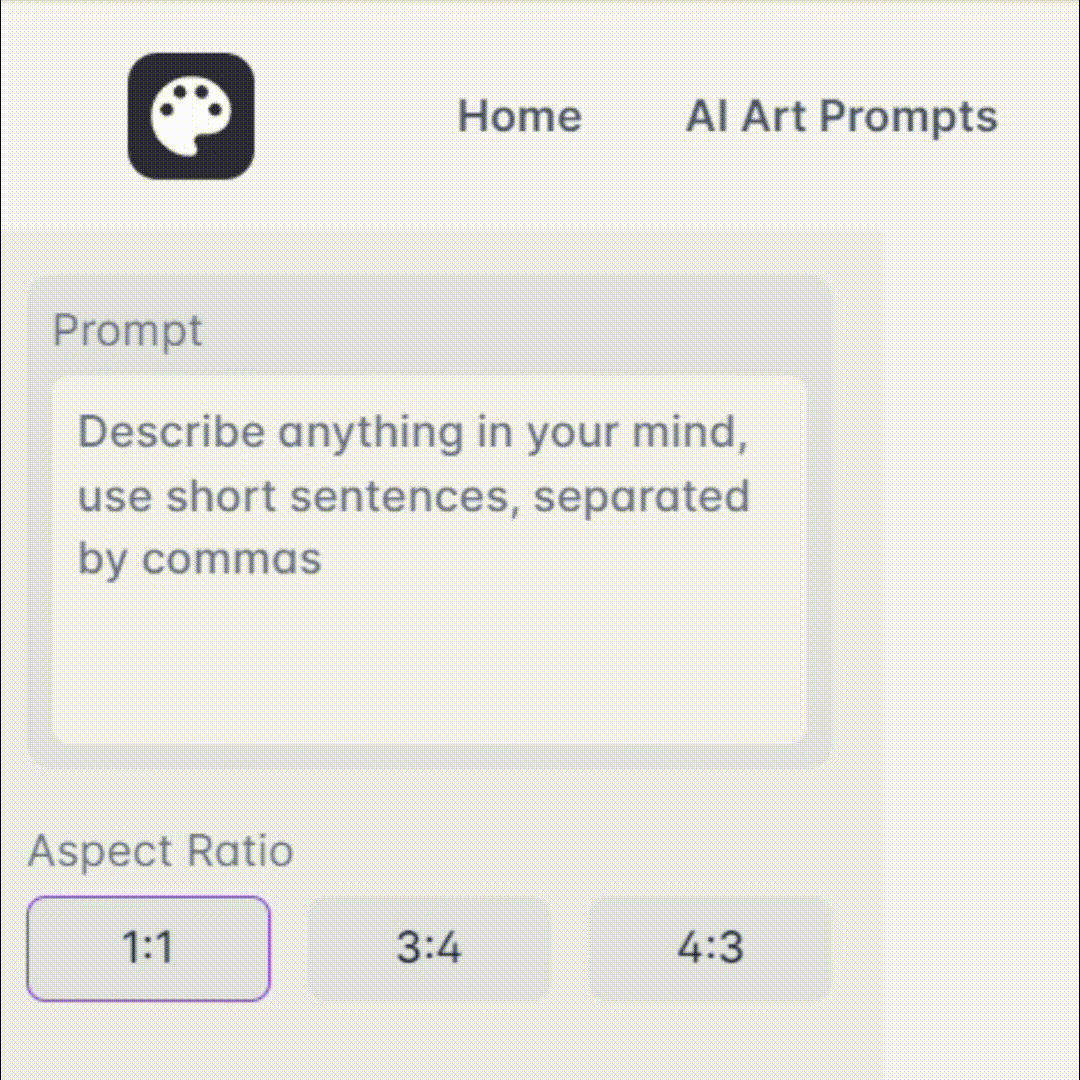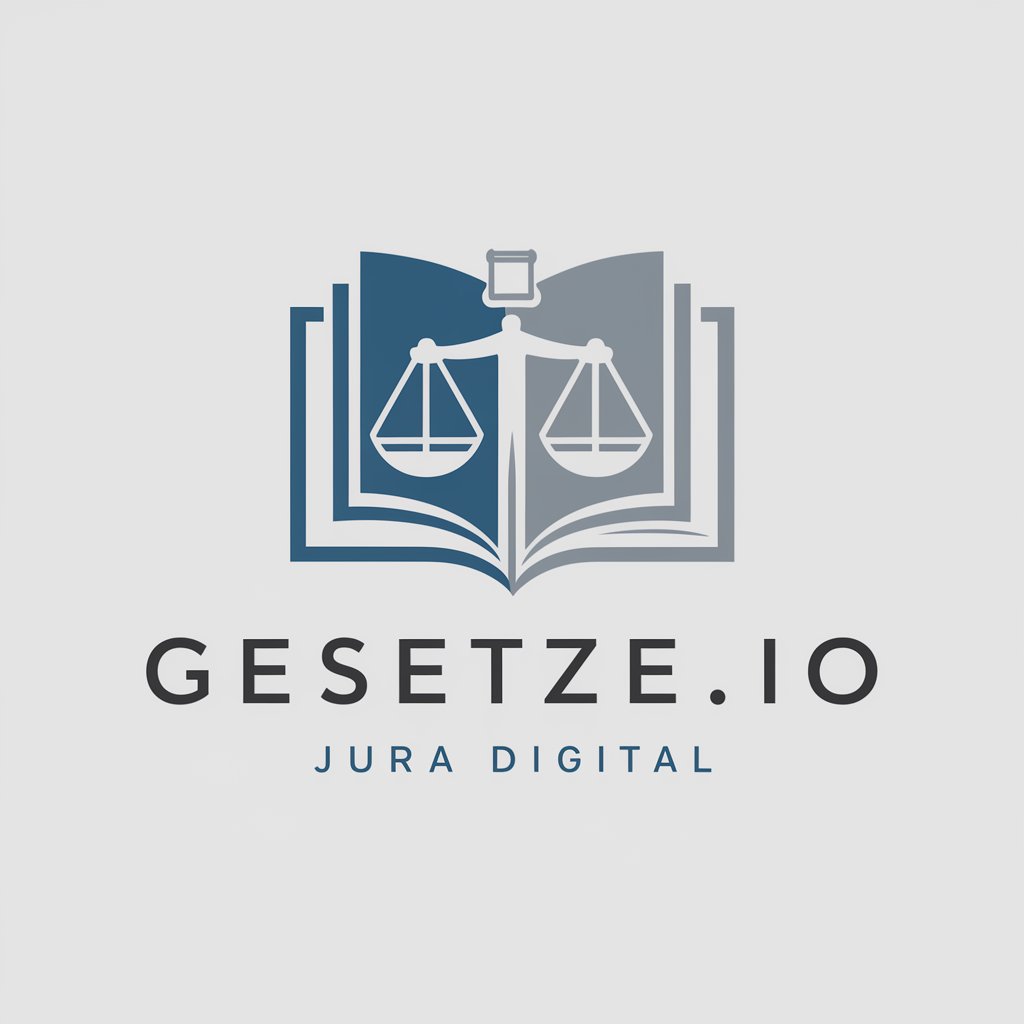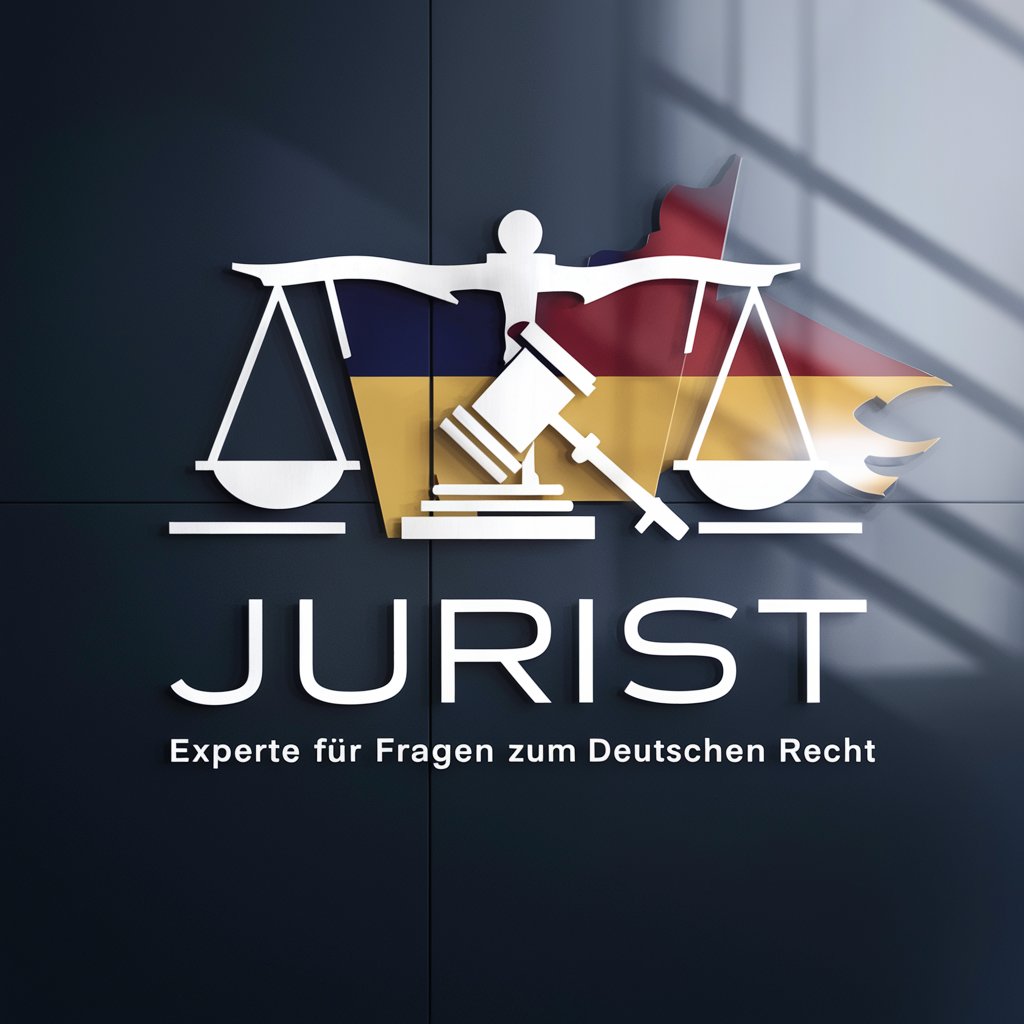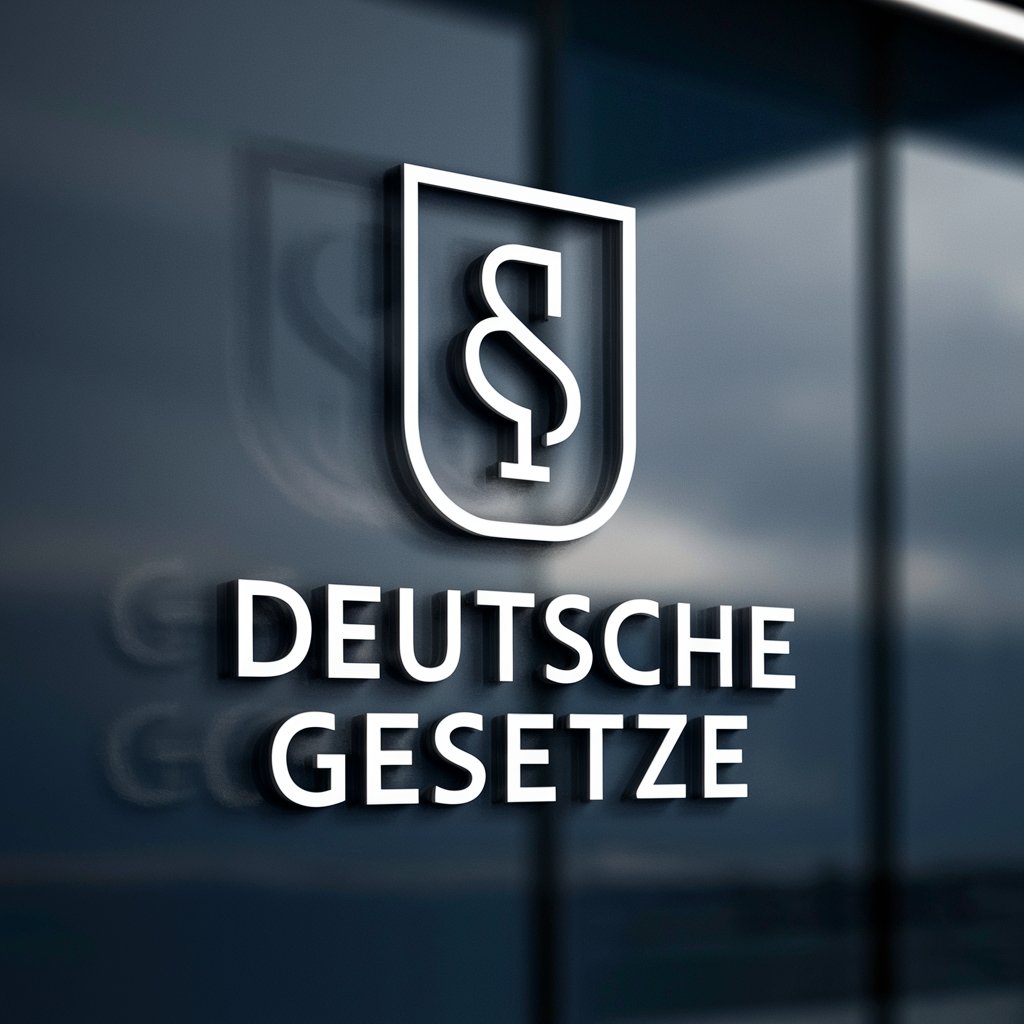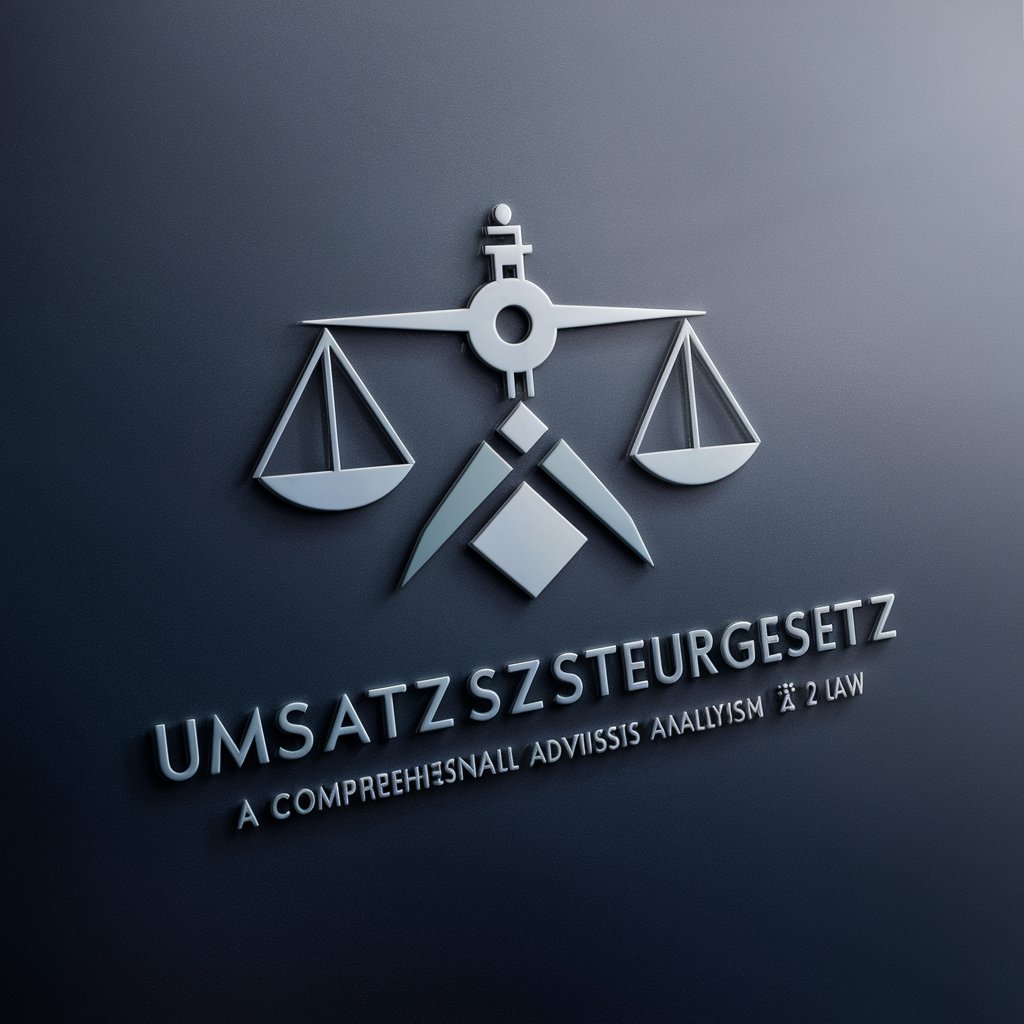
Lieferkettengesetz Auditor - Supply Chain Compliance Analysis
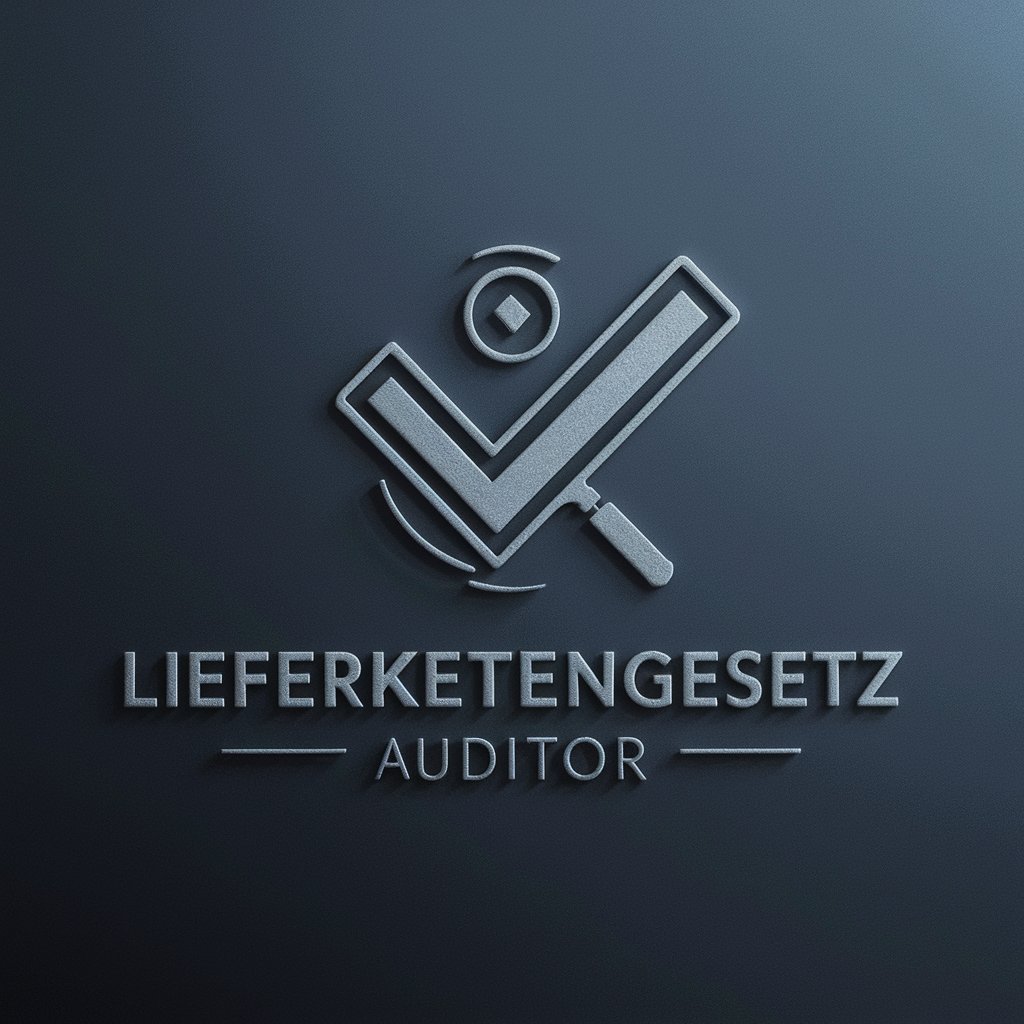
Welcome to Lieferkettengesetz Auditor, your partner in compliance.
AI-powered compliance insights for the LkSG
Describe the key compliance requirements of the Lieferkettengesetz (LkSG).
What are the primary responsibilities of companies under the LkSG?
Explain the process for conducting a risk analysis as per the LkSG.
Outline the steps involved in setting up an effective grievance mechanism in accordance with the LkSG.
Get Embed Code
Lieferkettengesetz Auditor Overview
Lieferkettengesetz Auditor is designed to assist companies in auditing their supply chains for compliance with the German Supply Chain Due Diligence Act (Lieferkettensorgfaltspflichtengesetz - LkSG). The tool focuses on the systematic evaluation of suppliers against the comprehensive requirements set by the Bundesamt für Wirtschaft und Ausfuhrkontrolle (BAFA) related to human rights and environmental standards within the supply chain. For example, it might assess a textile manufacturer's sourcing practices to ensure that no child labor is used in the production of cotton used in their products, aligning with LkSG mandates. Powered by ChatGPT-4o。

Core Functionalities of Lieferkettengesetz Auditor
Compliance Assessment
Example
Evaluating a company's adherence to labor rights within its supply chain.
Scenario
A German electronics manufacturer uses the Auditor to verify that its overseas suppliers are not engaging in forced labor practices, ensuring compliance with Section 2 of the LkSG, which mandates due diligence obligations regarding human rights.
Risk Identification and Management
Example
Identifying environmental risks in the supply chain.
Scenario
An automotive company uses the Auditor to assess the environmental impact of its raw material extraction processes, particularly in conflict-affected areas, in line with LkSG's environmental protection requirements.
Recommendations for Remediation
Example
Providing actionable steps to address non-compliance issues.
Scenario
A fashion retailer is advised on developing a corrective action plan after the Auditor identifies gaps in its supply chain regarding the prohibition of child labor, as required by the LkSG.
Target Users of Lieferkettengesetz Auditor
Multinational Corporations
Large companies with complex supply chains, especially those operating in sectors with high risks of human rights or environmental violations, such as textiles, mining, or electronics, would benefit from the Auditor's comprehensive compliance checks and risk assessments.
SMEs Expanding Internationally
Small to medium-sized enterprises looking to expand their operations internationally may use the Auditor to ensure their growing supply chains remain compliant with German and international standards, safeguarding against reputational and legal risks.
Compliance Consultants and Legal Advisors
Professionals who advise companies on regulatory compliance and risk management can utilize the Auditor as a tool to offer in-depth analysis and recommendations, enhancing their service offerings.

How to Use Lieferkettengesetz Auditor
1
Start by visiting yeschat.ai for a complimentary trial experience, accessible without the necessity for a login or subscribing to ChatGPT Plus.
2
Select the 'Lieferkettengesetz Auditor' from the available tools list to begin assessing your or your supplier's compliance with the Lieferkettengesetz (Supply Chain Act).
3
Input the relevant company or supplier data, including any known supply chain practices, for a comprehensive compliance analysis.
4
Utilize the generated report, which aligns practices with the LkSG requirements, to identify areas of compliance, non-compliance, and recommendations for improvement.
5
For best results, regularly update the input information to reflect any changes in supply chain practices and conduct periodic reviews to ensure ongoing compliance.
Try other advanced and practical GPTs
#1 Austin Dumpster Rental Company
Streamline Your Cleanup with AI-Powered Dumpster Rentals
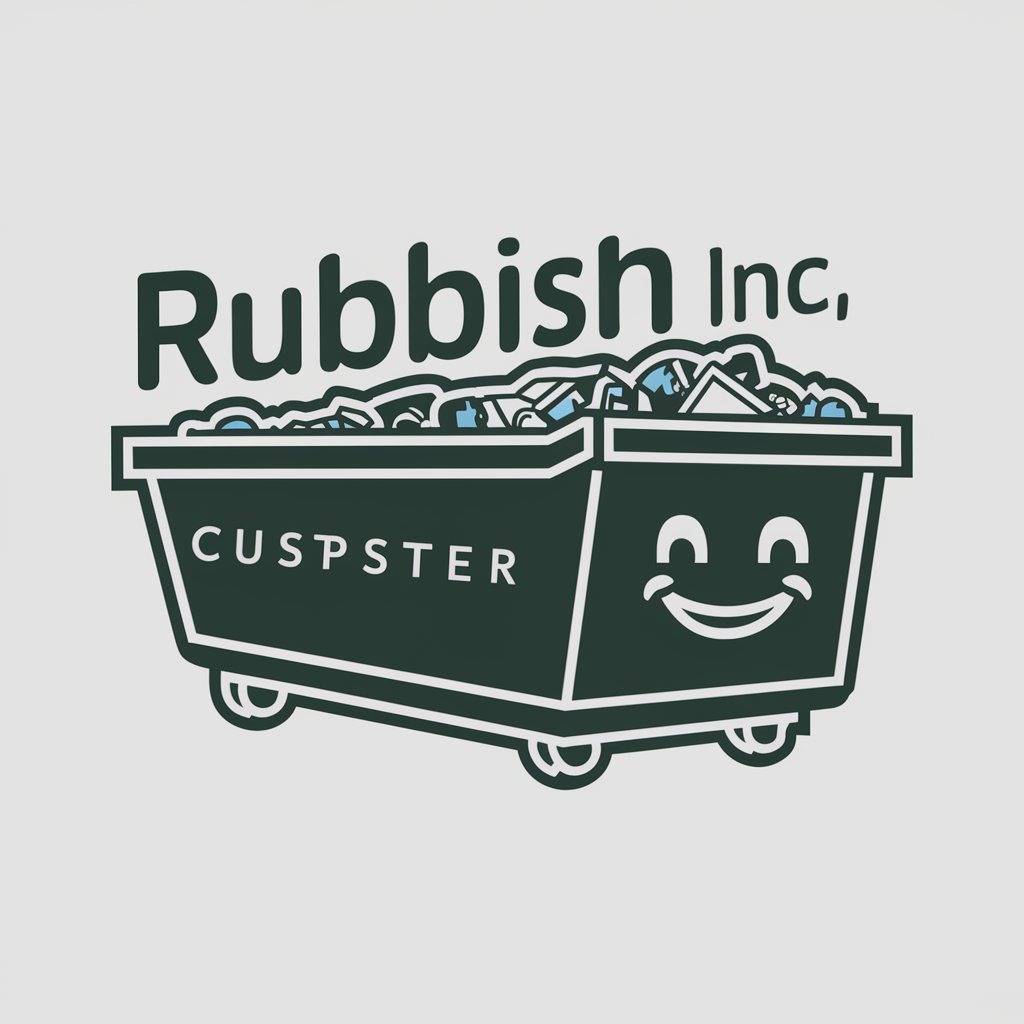
wXing‘s Avatar
Unlocking Zen Insights with AI

Global Tax Guide
Simplifying Tax Matters with AI

中医帮手
Empowering wellness with AI-powered TCM guidance
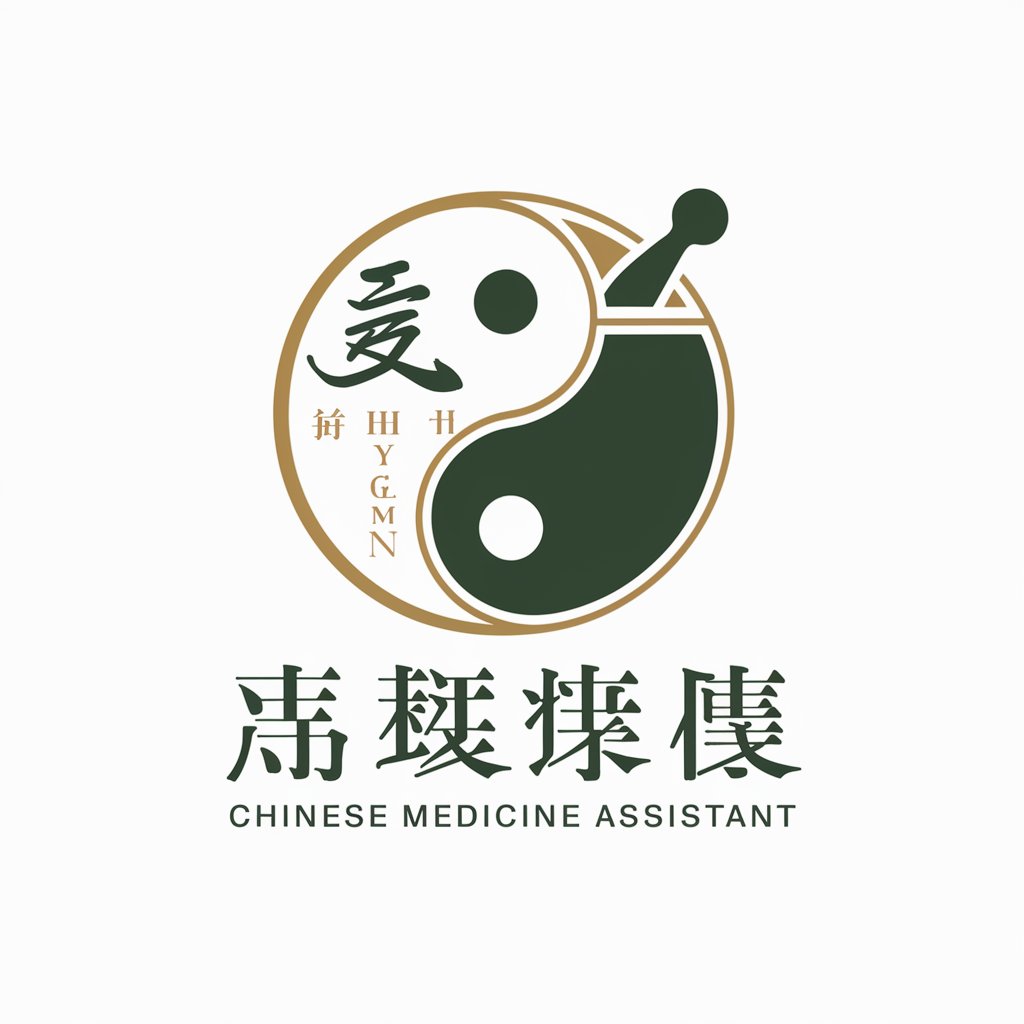
Product Data Sourcer
Empowering decisions with AI-driven product insights
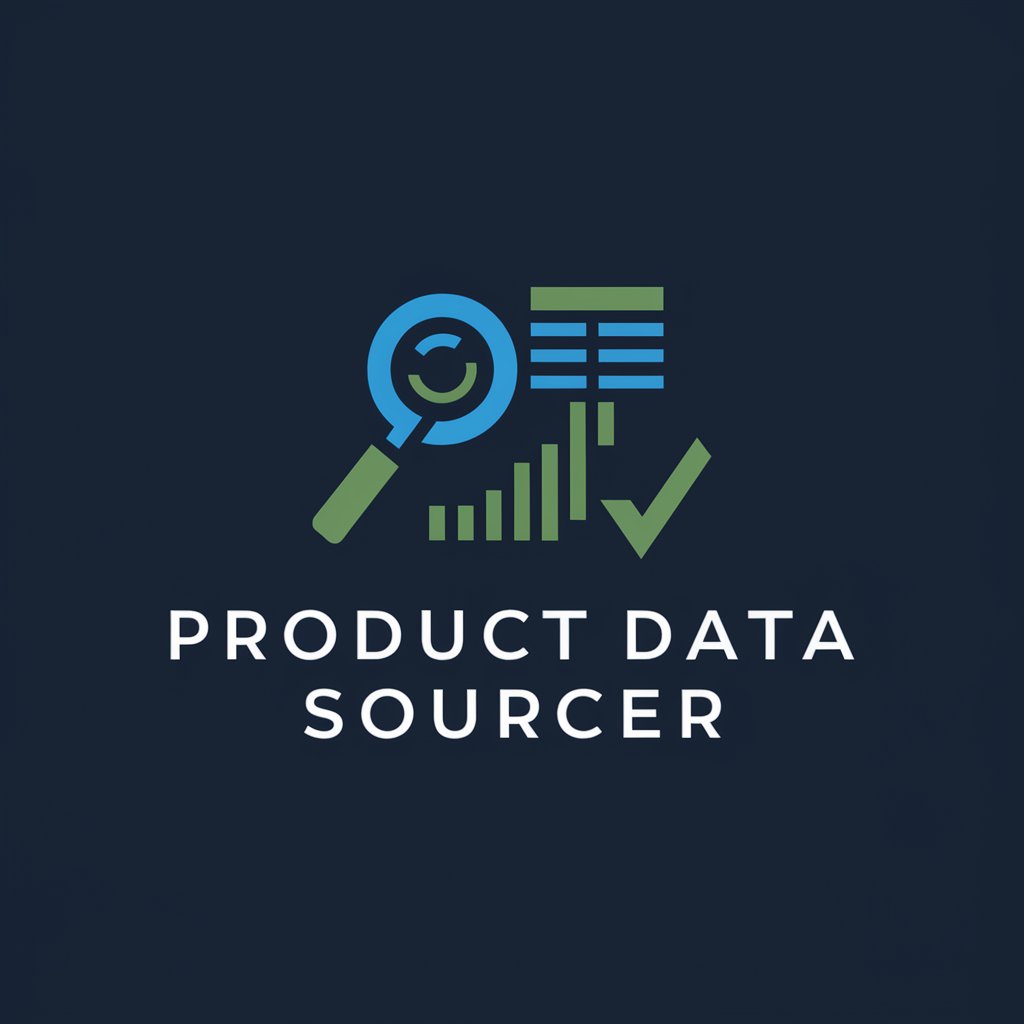
DSF FAQ
Empowering inquiries with AI-driven precision.
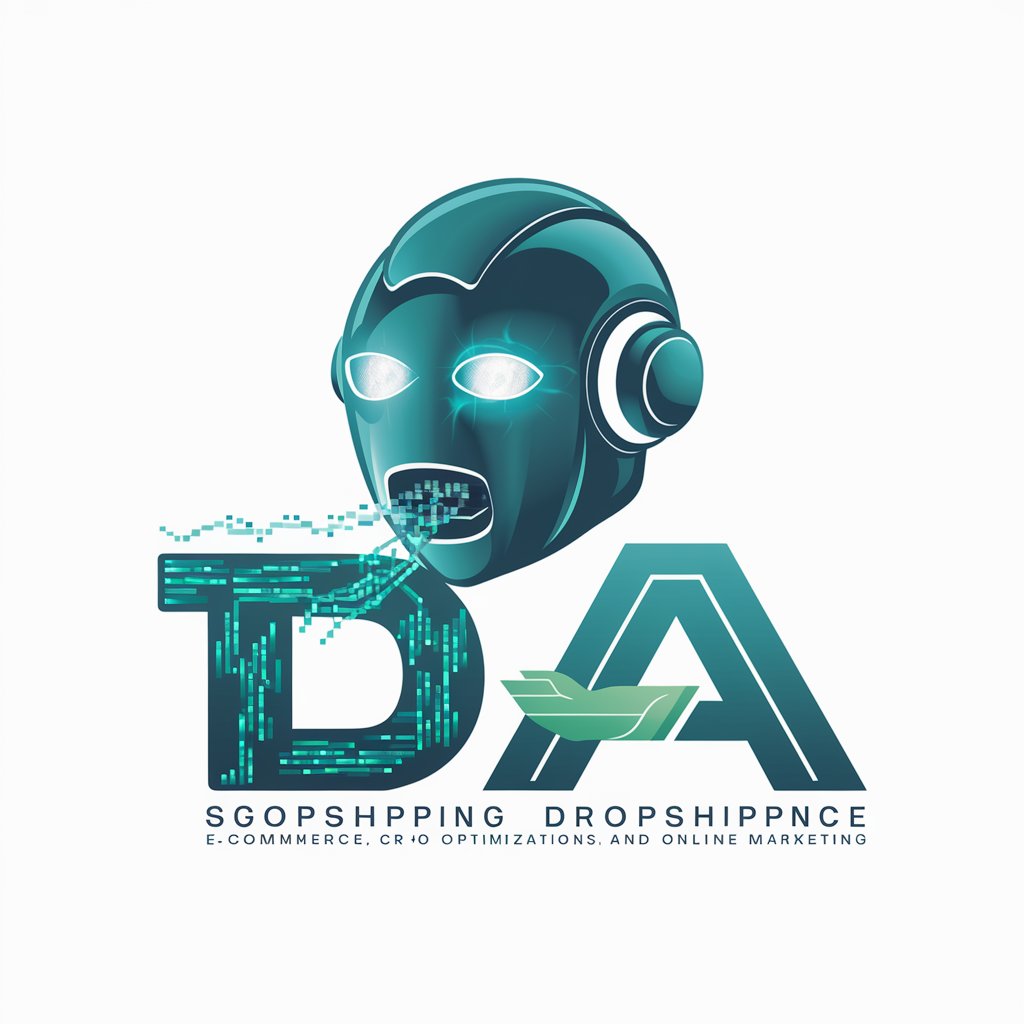
藝術導師
Empowering Artistic Growth with AI

StarFleet AI
Experience the Starfleet Command, powered by AI.

Bridge Mastermind
AI-powered Bridge Engineering Expert

Inferriate
Empowering Security Decisions with AI

Baby GPT
Decipher baby cries with AI
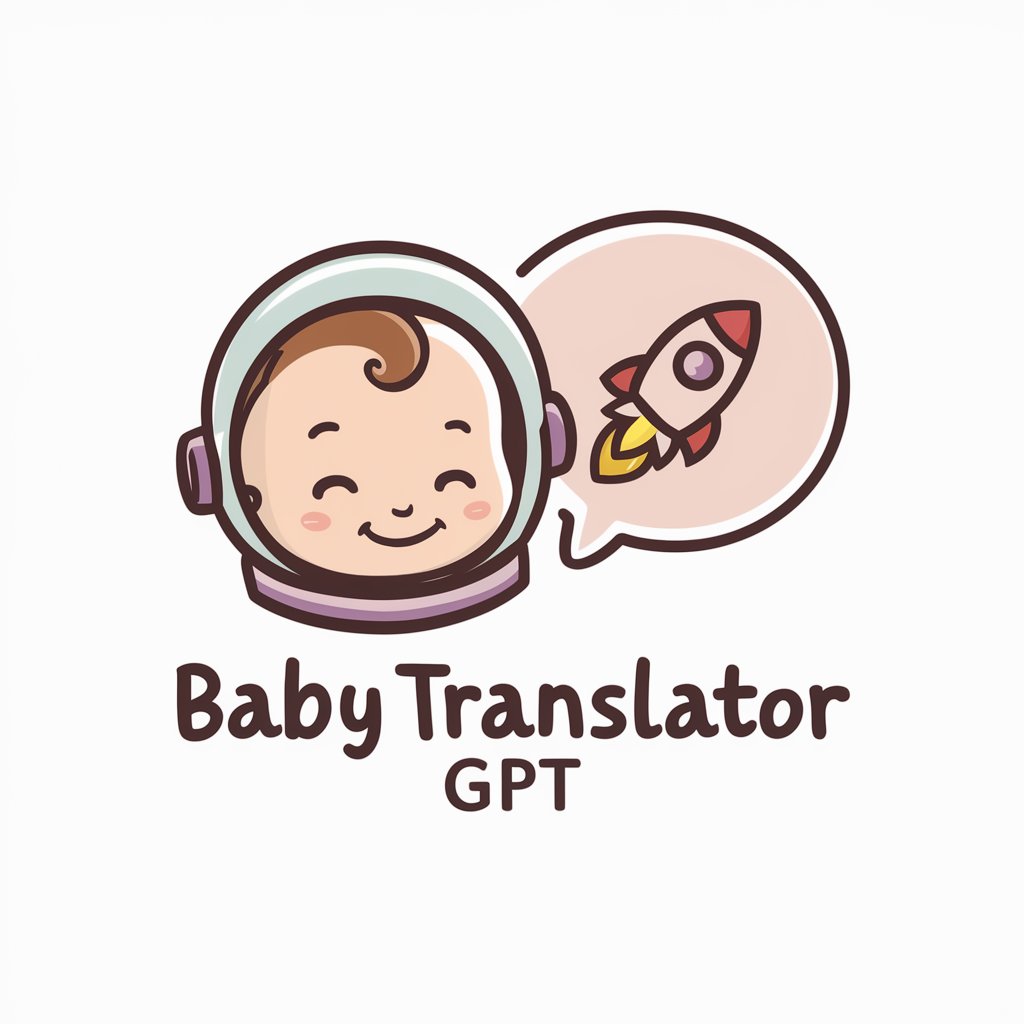
Art History Mentor
Explore Art's Past with AI

Lieferkettengesetz Auditor FAQs
What is the Lieferkettengesetz Auditor?
The Lieferkettengesetz Auditor is a specialized tool designed to audit and assess compliance with the German Supply Chain Act (LkSG) requirements. It compares supplier practices against the official standards and guidelines set forth by BAFA, providing detailed reports on compliance status.
Who should use the Lieferkettengesetz Auditor?
It's ideal for businesses of all sizes that are subject to the LkSG or that wish to ensure their supply chains comply with German regulatory standards, including manufacturers, exporters, and companies with extensive supply networks.
How often should I use the Lieferkettengesetz Auditor?
Regular use is recommended to track compliance over time, especially after making changes to supply chain practices or when new LkSG regulations are introduced.
Can the Lieferkettengesetz Auditor help if I'm already non-compliant?
Yes, it can identify specific areas of non-compliance and provide actionable recommendations for adjustments needed to meet LkSG standards.
Does the Lieferkettengesetz Auditor provide legal advice?
While it offers comprehensive compliance analysis, it's not a substitute for legal advice. It's best used in conjunction with legal counsel to navigate complex LkSG requirements.
